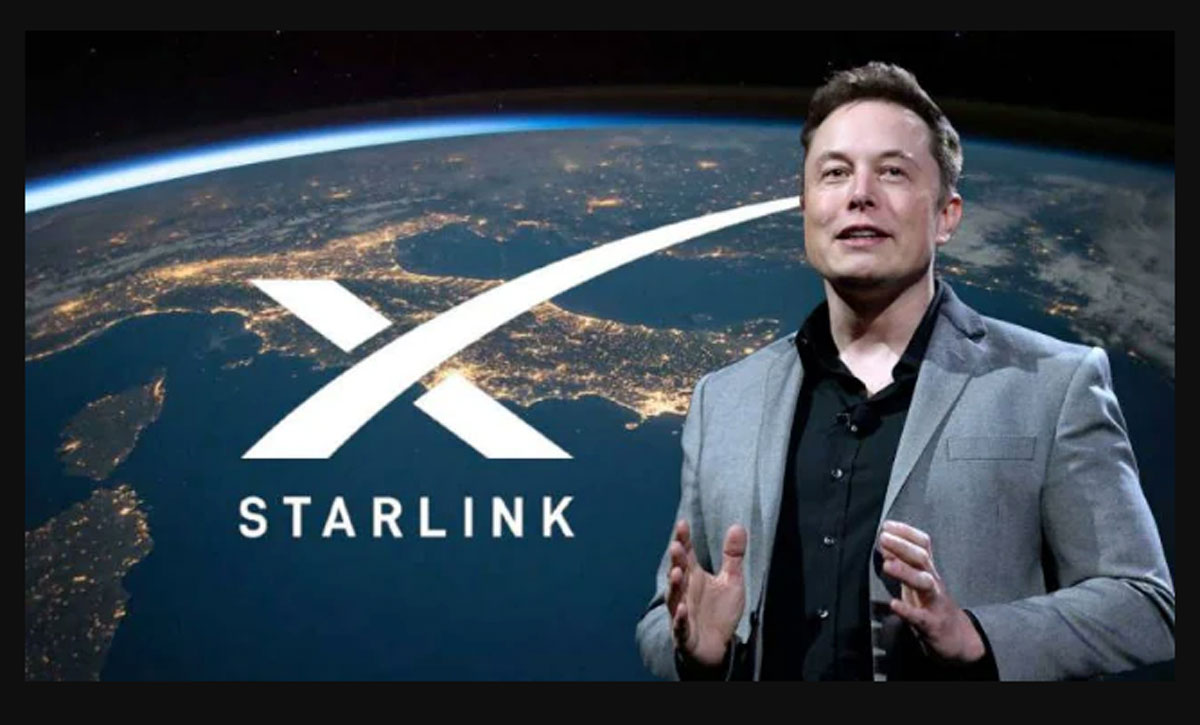OpenAI IPO: Will It Live Up to the Hype?
The Buzz Around OpenAI’s Potential IPO
OpenAI, the artificial intelligence research lab behind ChatGPT, DALL·E, and GPT-4, has been the subject of intense speculation regarding a potential initial public offering (IPO). The company, co-founded by Elon Musk and Sam Altman in 2015, has rapidly evolved from a non-profit research organization to a for-profit entity backed by Microsoft’s $10 billion investment.
The question on every investor’s mind is: Will an OpenAI IPO live up to the hype? With AI dominating headlines and OpenAI at the forefront of the industry, an IPO could be one of the most significant tech debuts in years. But challenges remain, from regulatory scrutiny to competition and profitability concerns.
Why OpenAI’s IPO Would Be a Game-Changer
1. Market Leadership in AI Innovation
OpenAI is a pioneer in generative AI, with products like ChatGPT setting industry standards. The company’s models power enterprise solutions, creative tools, and even government applications.
- ChatGPT reached 100 million users in just two months, making it the fastest-growing consumer application in history.
- GPT-4 and its multimodal capabilities set a new benchmark for AI performance.
- DALL·E 3 and Sora (video generation AI) showcase OpenAI’s dominance in creative AI.
An IPO would allow OpenAI to capitalize on its first-mover advantage, attracting investors eager to bet on AI’s future.
2. Microsoft’s Strategic Investment
Microsoft’s $10 billion stake in OpenAI gives the company a formidable backer. Azure’s integration with OpenAI’s models ensures a steady revenue stream from enterprise clients.
- Microsoft’s AI-powered Copilot relies on OpenAI’s technology.
- Azure OpenAI Service provides API access to businesses, generating recurring revenue.
This partnership strengthens OpenAI’s financial stability, making an IPO more appealing.
3. Explosive Growth in AI Adoption
The global AI market is projected to reach $1.8 trillion by 2030, with generative AI alone expected to contribute $4.4 trillion annually (McKinsey). OpenAI is well-positioned to capture a significant share of this growth.
Challenges That Could Derail OpenAI’s IPO Hype
1. Profitability Concerns
Despite OpenAI’s valuation soaring past $80 billion, profitability remains uncertain.
- High operational costs: Training AI models like GPT-4 costs hundreds of millions in compute power.
- Revenue model questions: While ChatGPT Plus and API access generate income, it’s unclear if OpenAI can sustain profitability at scale.
Investors may hesitate if OpenAI can’t demonstrate a clear path to consistent earnings.
2. Regulatory and Ethical Risks
AI regulation is tightening globally, with the EU AI Act and U.S. executive orders imposing strict rules on AI development.
- Copyright lawsuits: OpenAI faces legal challenges from publishers and artists over AI-generated content.
- Misinformation risks: AI-generated deepfakes and misinformation could lead to stricter oversight.
A regulatory crackdown could slow OpenAI’s growth and impact its IPO valuation.
3. Fierce Competition
OpenAI isn’t the only player in the AI race. Competitors include:
- Anthropic (Claude AI) – Backed by Amazon and Google, focusing on ethical AI.
- Google DeepMind (Gemini) – Merged AI divisions to accelerate development.
- Meta (Llama 3) – Open-source models challenging OpenAI’s dominance.
If rivals outperform OpenAI in innovation or pricing, investor enthusiasm could wane.
What an OpenAI IPO Could Look Like
1. Valuation Expectations
OpenAI’s latest funding round valued it at $80 billion+, but an IPO could push it higher.
- Comparable IPOs:
- Nvidia ($1 trillion market cap, fueled by AI demand)
- Snowflake ($33 billion IPO in 2020, despite unprofitability)
Given AI’s hype, OpenAI might target a $100 billion+ valuation, though market conditions will play a role.
2. Investor Sentiment
AI stocks have seen volatile performance:
- Nvidia’s stock surged due to AI chip demand.
- C3.ai and BigBear.ai struggled with profitability concerns.
If OpenAI can demonstrate strong revenue growth (e.g., enterprise contracts, government deals), it could avoid the pitfalls of overhyped tech IPOs.
3. Potential Roadblocks
- Market conditions: A recession or tech downturn could delay or devalue an IPO.
- Leadership stability: Sam Altman’s brief ouster in 2023 raised governance concerns.
- Dependence on Microsoft: Overreliance on a single partner could spook investors.
Final Thoughts: Will OpenAI’s IPO Succeed?
An OpenAI IPO has the potential to be the biggest tech debut of the decade, but its success hinges on:
- Proving profitability beyond hype-driven revenue.
- Navigating regulatory hurdles without stifling innovation.
- Staying ahead of competitors in a rapidly evolving market.
If OpenAI can address these challenges, its IPO could redefine the AI investment landscape. If not, it risks becoming another overvalued tech stock that fails to deliver.
The AI gold rush is real—but whether OpenAI’s IPO lives up to the hype depends on execution, not just potential.

